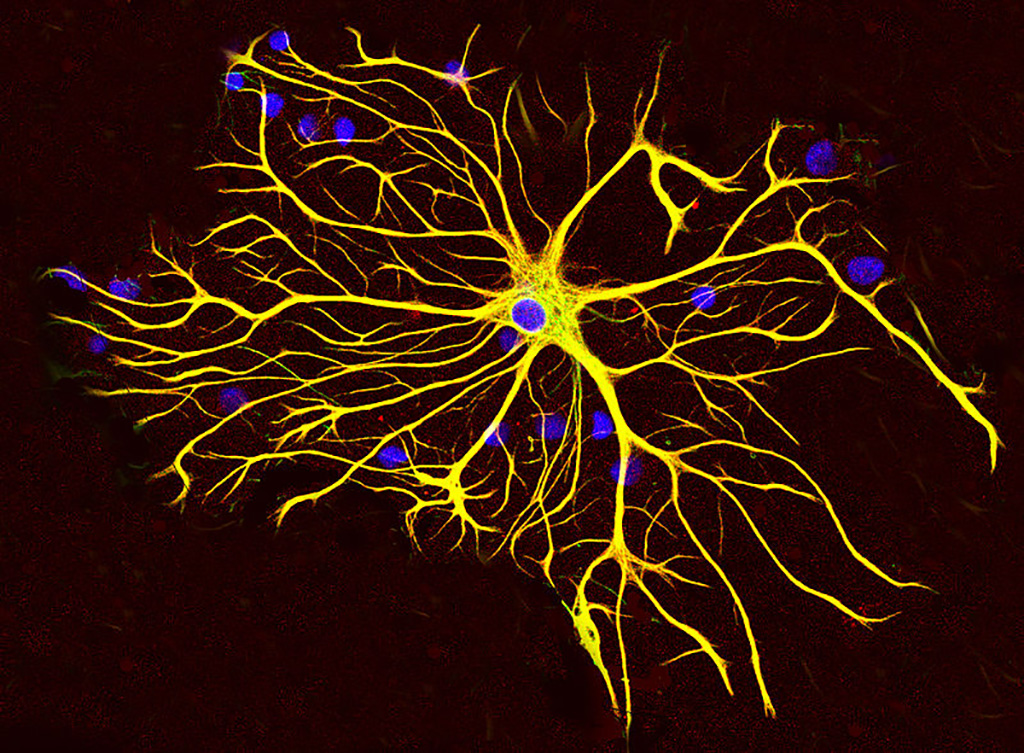Blood Levels of Glial Fibrillary Acidic Protein Predict Dementia Risk in Older Mexican Americans
Posted on 28 Mar 2022
A protein biomarker in the blood was identified that may help predict the likelihood of developing dementia among Mexican Americans over the age of 50.
The goal of a study conducted by investigators at the University of Texas Health Science Center at San Antonio (USA) was to evaluate the ability of ADRD (Alzheimer's disease and other related dementia) blood biomarkers to predict cognitive decline, clinical conversion, and disease progression in a cohort of Mexican American older adults followed over a mean of four years. A study of this type was called for, as previous studies have shown that there were differences in some biomarker values between non-Hispanic whites and other ethnic and racial groups. These differences may contribute to disparities in diagnosis and treatment.

For the current study, the investigators worked with a group of 745 Mexican American adults, 50 years of age and older, enrolled in the Texas Alzheimer's Research and Care Consortium (TARCC) study. TARCC comprises a consortium of 10 academic centers statewide that provides researchers with access to more than 10 years of longitudinal data of consortium study participants.
Serum collected at baseline was assayed for total tau, neurofilament light (NFL), ubiquitin carboxyl-terminal hydrolase LI, glial fibrillary acidic protein (GFAP), soluble cluster of differentiation 14 (sCD14), and chitinase-3-like protein 1 (YKL-40). These biomarkers were selected, as they reflect several disease processes, including neuron injury, tau protein accumulation, and neuroinflammation.
Results revealed that among a panel of six blood biomarkers previously associated with neurodegenerative disease, only GFAP predicted incident dementia in this cohort. The findings suggested that blood GFAP levels may aid dementia-risk prediction among Mexican American adults.
GFAP is expressed in the central nervous system in astrocyte cells. It is involved in many important CNS processes, including cell communication and the functioning of the blood brain barrier. GFAP has also been shown to be important in repair after CNS injury. More specifically for its role in the formation of glial scars in a multitude of locations throughout the CNS including the eye and brain.
"Looking over a period of four years, we were able to see that higher levels of this biomarker predicted increased risk," said senior author Dr. Sudha Seshadri, founding director, Glenn Biggs Institute for Alzheimer's & Neurodegenerative Diseases at the University of Texas Health Science Center at San Antonio. "These are people who may not yet have any symptoms, any concerns. Dementia research has made a transition from just treatment alone to treatment and prevention, and there is a lot of excitement about the possibility of being able to prevent dementia in the future by treating it very early."
The study was published in the March 24, 2022, online edition of the journal Alzheimer's & Dementia: Diagnosis, Assessment & Disease Monitoring.
Related Links:
University of Texas Health Science Center at San Antonio














